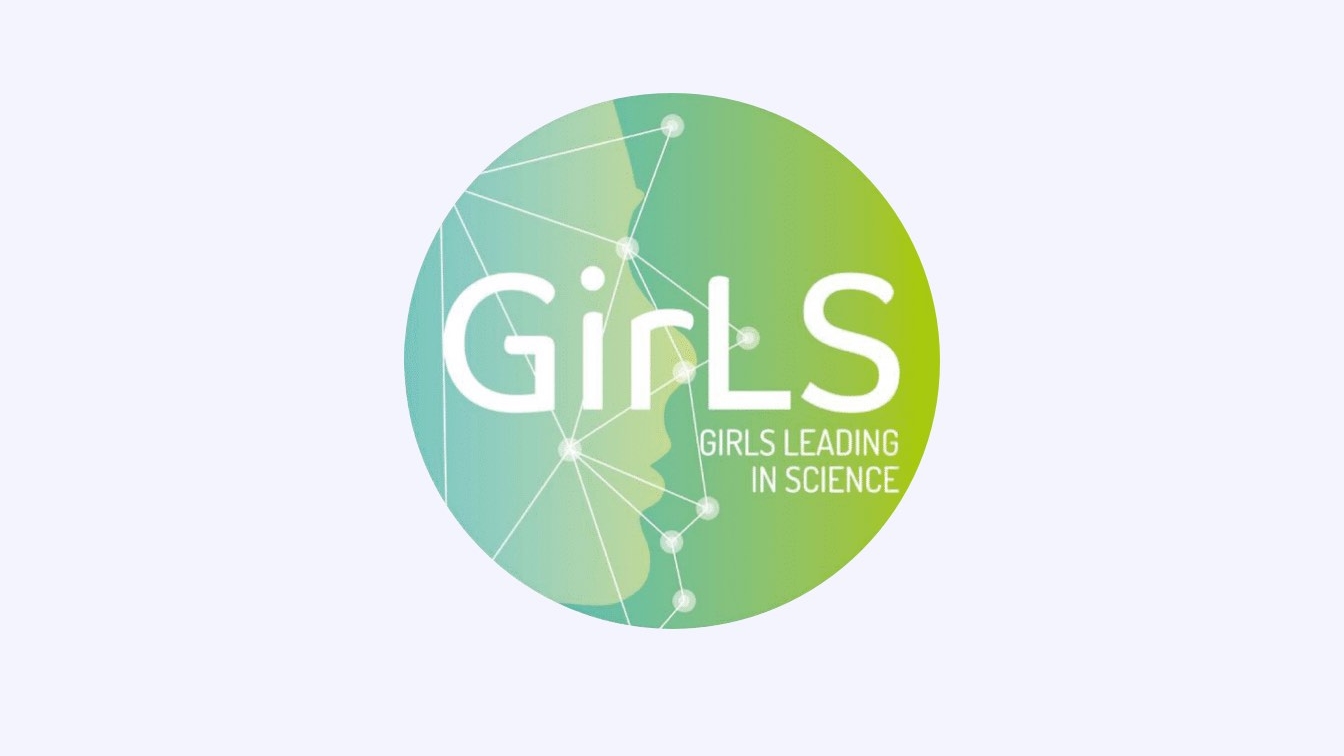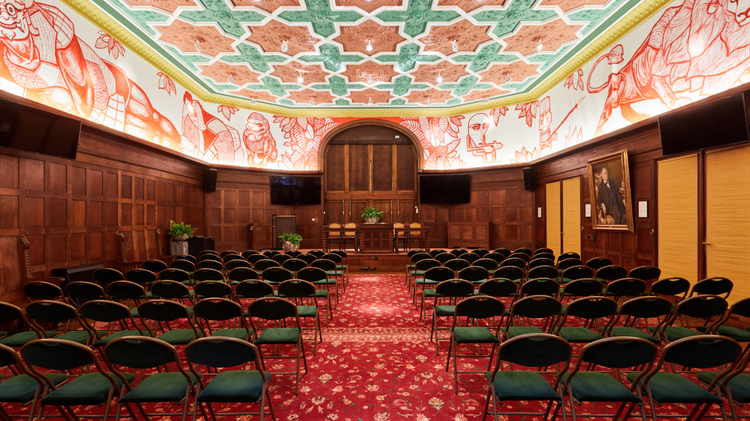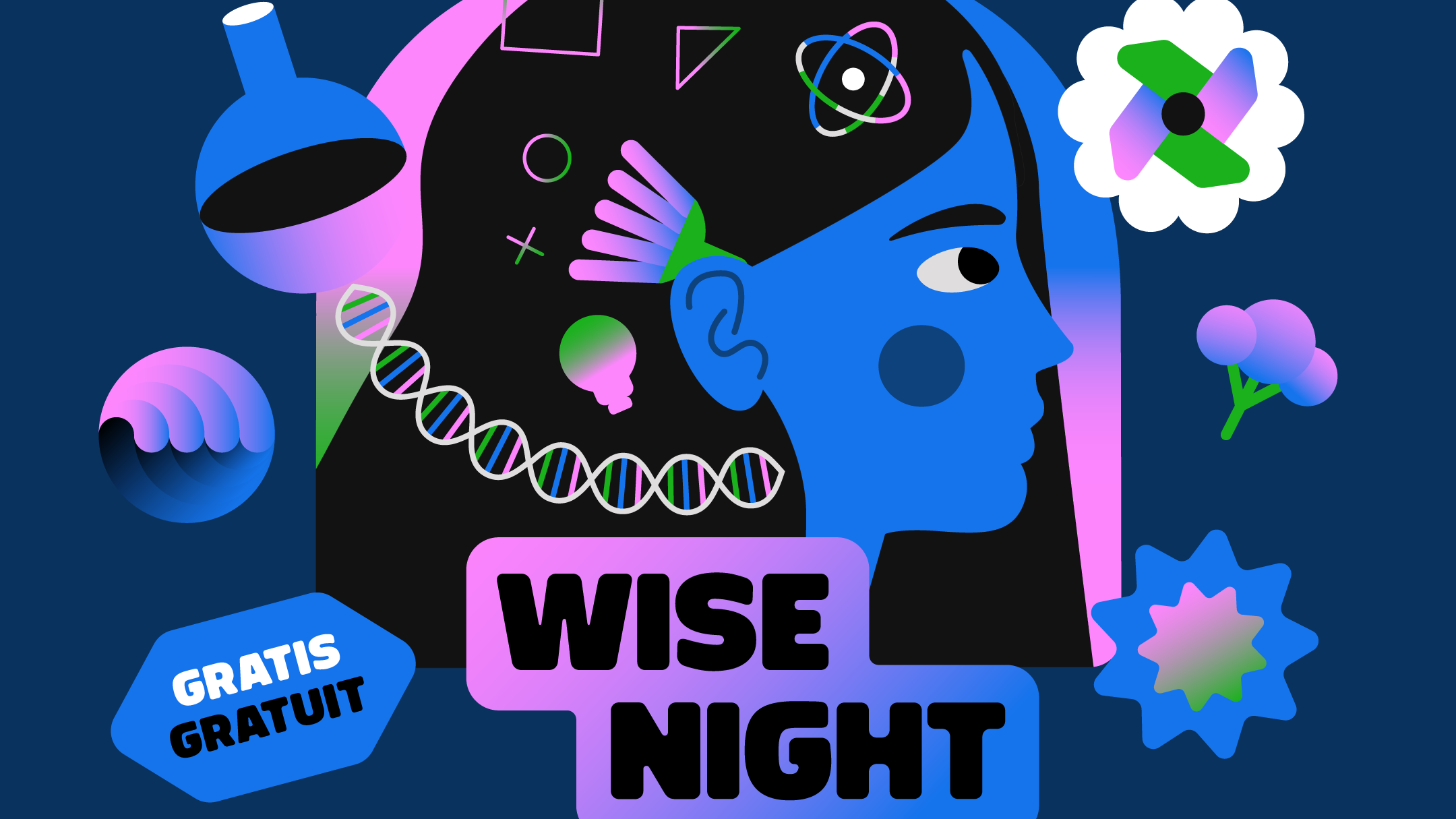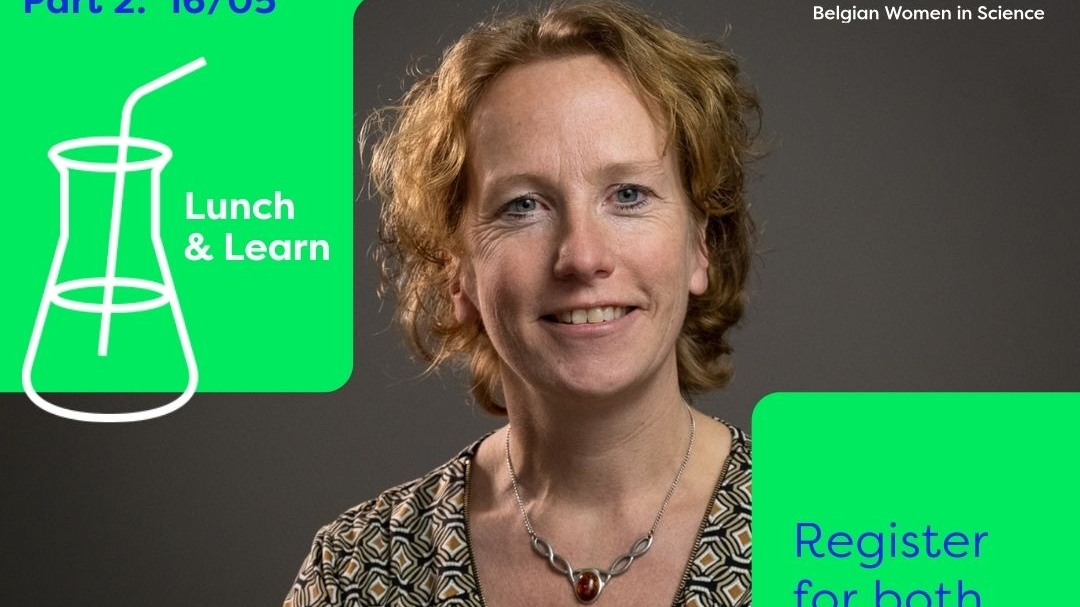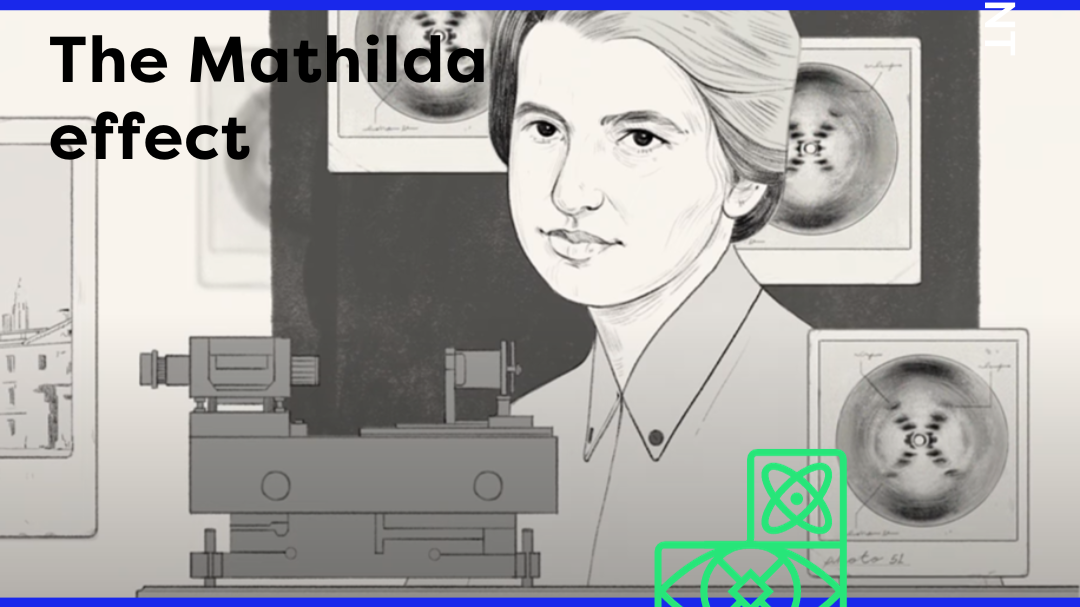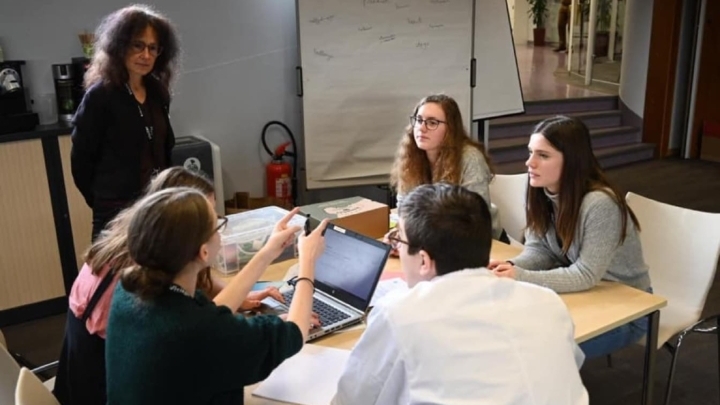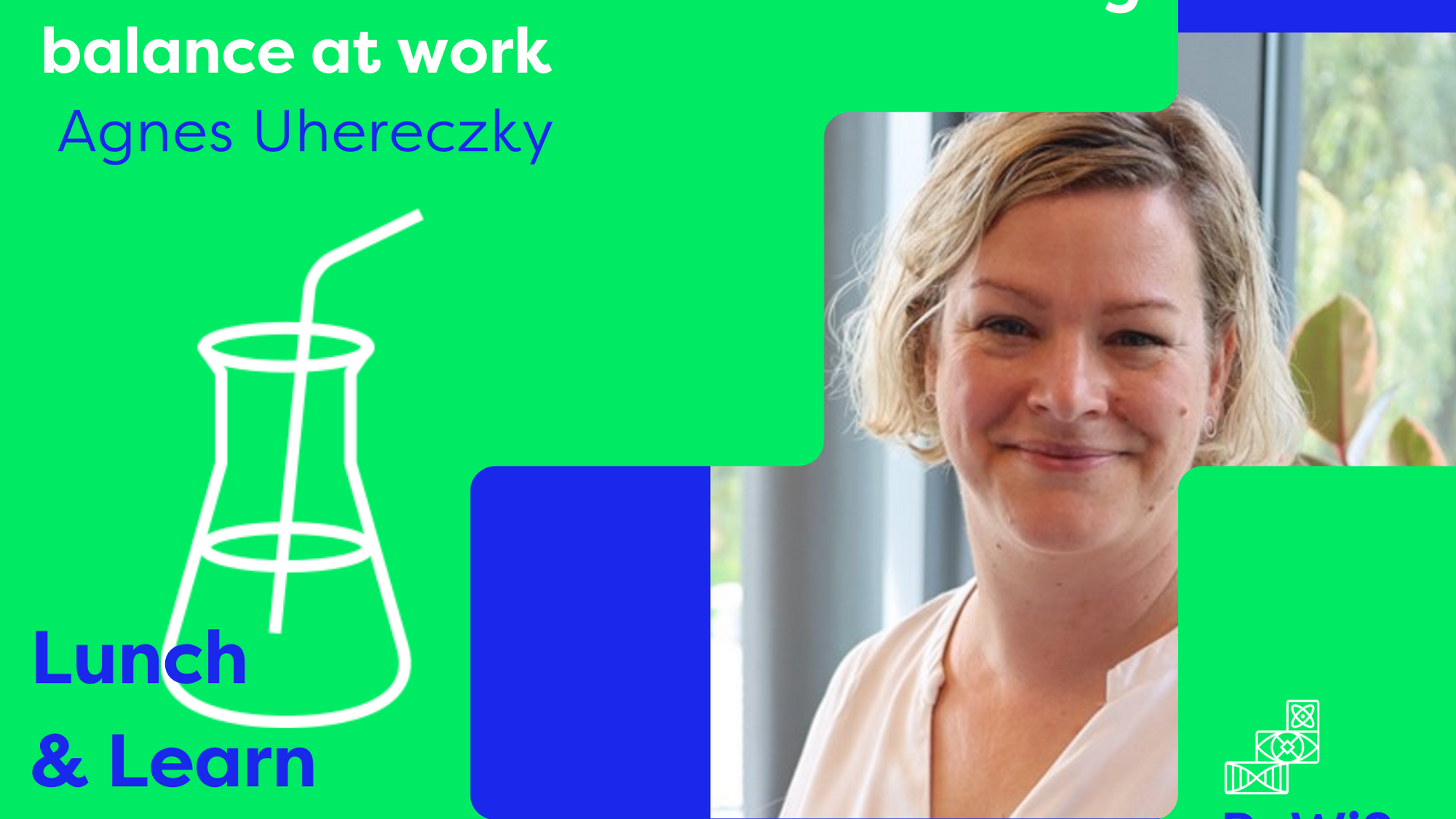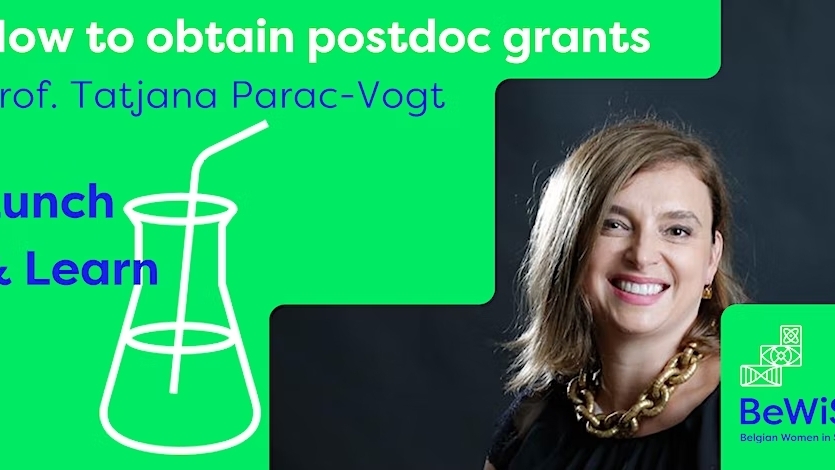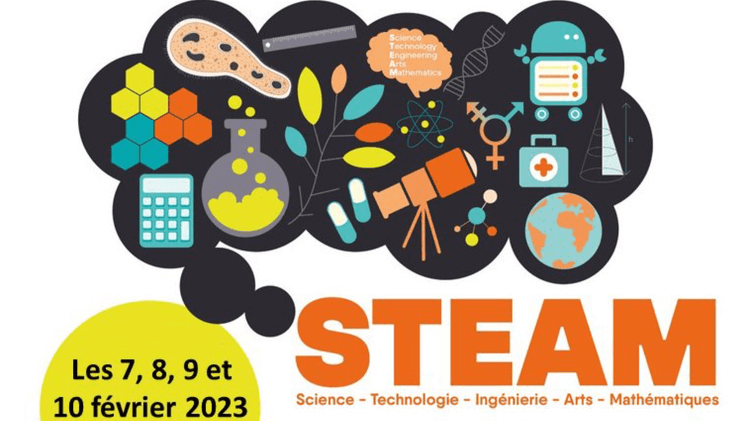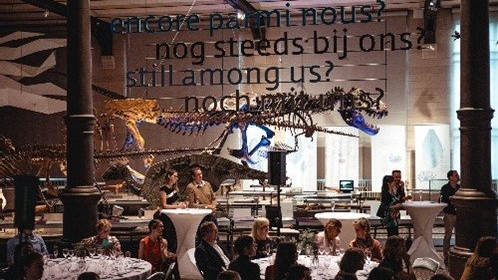Save-the-date for our 2nd Leading in Science Inspiring event with 3 female role models:
- Prof. Conny Aerts (Astrophysicist and group leader at KU Leuven)
- & Prof. Sarah Baatout (Director of Nuclear Medical Applications at SCK CEN ).
- 3rd speaker will be announced in December.
Conny Aerts

Conny Aerts graduated as mathematician from Antwerp University (1988) and defended her PhD thesis in astrophysics at KU Leuven (1993). Competitive personal grants allowed her to work as independent postdoctoral fellow of the Research Foundation Flanders (1994 – 2001), performing numerous stays in Europe, Chile and the USA. She was appointed as Lecturer (2001), Associate Professor (2004), and Full professor (2007) at KU Leuven. She also leads the Chair in Asteroseismology at the Radboud University Nijmegen (NL, 2004+) and is External Scientific Member of the Max Planck Society (Heidelberg, 2019+).
Conny’s research covers stellar astrophysics, including stellar structure & evolution and variable stars. She is a pioneer of asteroseismology, which received a major boost thanks to the CoRoT (2006+), Kepler (2009+), and TESS (2018+) space missions. Prior to high-precision space photometry, Conny developed rigorous mathematical methods to detect and identify non-radial stellar oscillations in high-resolution time-series spectroscopy. Her team also designed and applied statistical classification methods in a machine-learning context, discoving numerous gravity-mode pulsators in space photometry. As Chair in Asteroseismology at the Radboud University Nijmegen, Conny introduced herself into the topic of subdwarf stars, their binarity and pulsations, with current focus on development and exploitation of BlackGEM in tandem with gravitational wave studies.
In 2008, Conny was awarded an ERC Advanced Grant, PROSPERITY to exploit CoRoT and Kepler space photometry. Her PhD students made major contributions, such as the discovery of non-radial pulsation modes, of dipole mixed modes, and of non-rigid rotation in red giants, following her own detections of internal mixing and rotation in massive stars. The ERC offered her a 2nd AdG, MAMSIE (Mixing and Angular Momentum tranSport in massIvE Stars, 2016-2021) to bridge stellar physics, asteroseismology, and 3D simulations in order to quantify limitations in stellar evolution theory. This culminated in the 2012 Francqui Prize and the 2020 5-year FWO Excellence Award, also termed Belgian and Flemish Nobel Prizes, where Conny was the first woman to receive these prestigious awards in Science & Technology since their creation in 1933 and 1960, respectively. Conny is the recipient of the 2022 Kavli prize in Astrophysics and the 2024 Crafoord Prize in Astronomy; she acts as corresponding Principle Investigator of the 2022 ERC Synergy grant 4D-STAR.
Conny supervised ~100 Master & PhD students and externally recruited postdocs. She took part as expert in tens of PhD examination committees, has been teaching various courses in the Master Astronomy & Astrophysics at Leuven & Nijmegen universities, and is engaged in gender-related, mentor-mentee and science communication & outreach activities. Conny served on numerous international committees and boards. She is curently heavily involved in the ESA space mission PLATO (2026+) as Belgian PI.
Sarah Baatout

Prof. Sarah Baatout is the head of the radiobiology unit and Deputy Institute Director of Nuclear Medical Applications at SCK CEN, the Belgian Nuclear Research Centre. She holds a PhD in Biochemistry (1990, UCLouvain) and teaches radiobiology and space biology as a guest professor at UGent and KULeuven.
She has been working for more than 20 years on investigating the impact of ionizing radiation on health through the development of better radiotherapy treatments for cancer patients and on the discovery of innovative biomarkers for personalized medicine of astronauts and patients.
Dr. Baatout was awarded as the BeSpace personality of the year in 2018 and was nominated by Femmes d’Aujourd’hui as one of the 85 women that make Belgium move.
Sarah is also the head of the Belgian delegation at UNSCEAR (United Nations Scientific Committee on the Effects of Atomic Radiation), chair of the Belgian Hadrontherapy Consortium, member of various advisory committees for the European Space Agency and member of the High Scientific Council of the European Nuclear Society.
